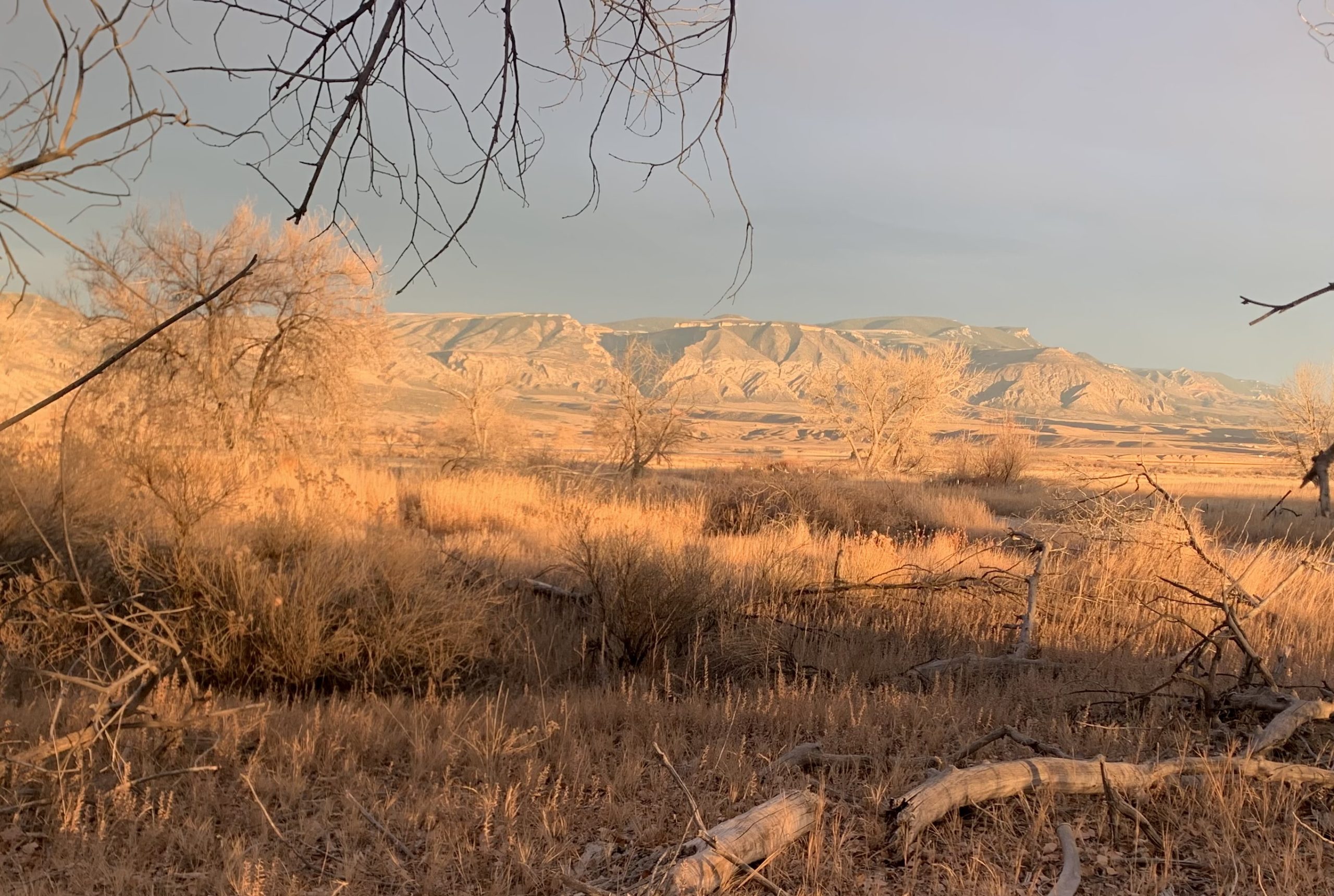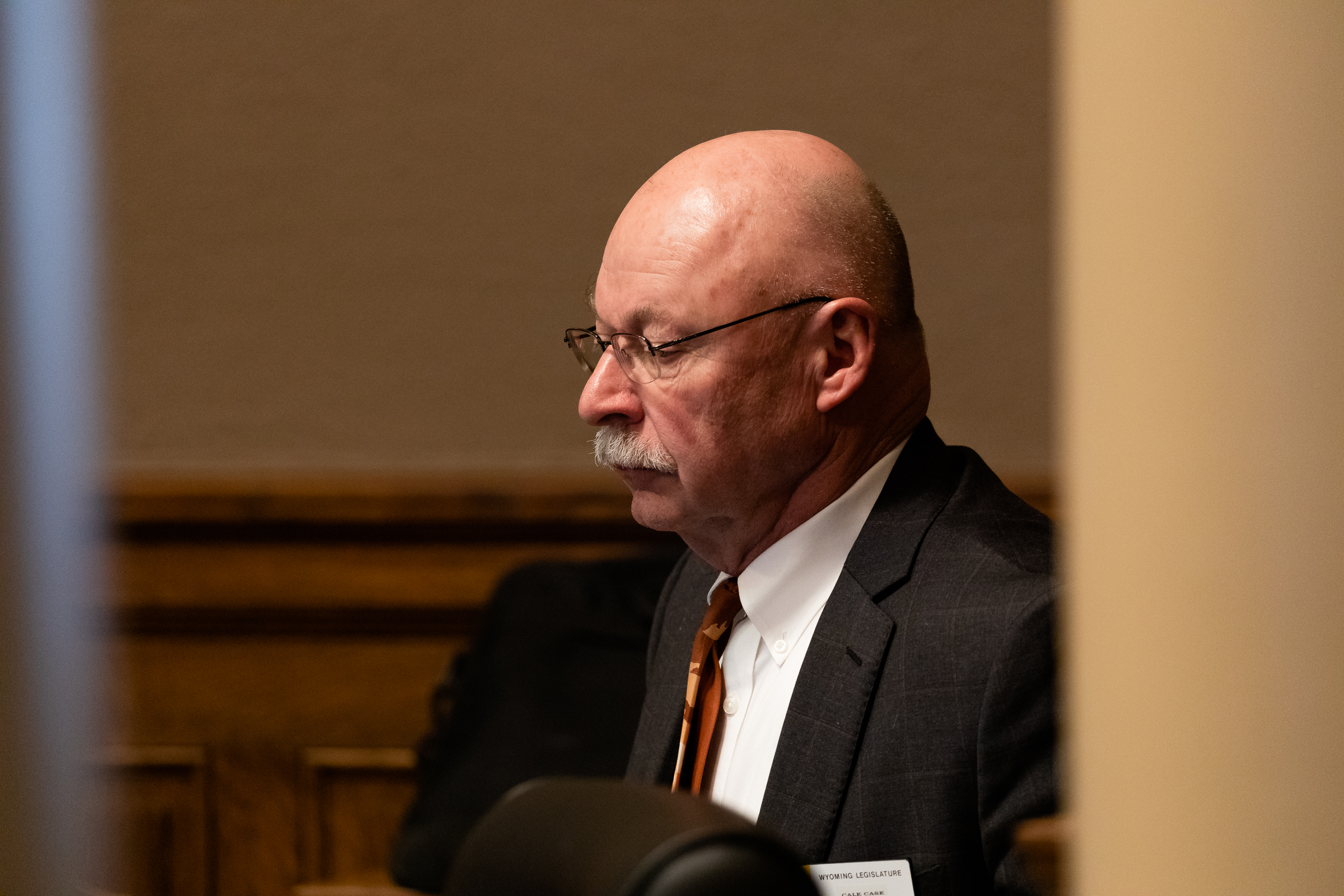JM77
Well-known member
Another slice of the pie?

 wyofile.us20.list-manage.com
wyofile.us20.list-manage.com

Post-Herrera, Wyoming seeks hunting pacts with tribes - WyoFile
Landmark legislation, initiated by the Eastern Shoshone tribe, would grant Wyoming’s governor the authority to negotiate tribal hunting and fishing seasons on off-reservation lands.






